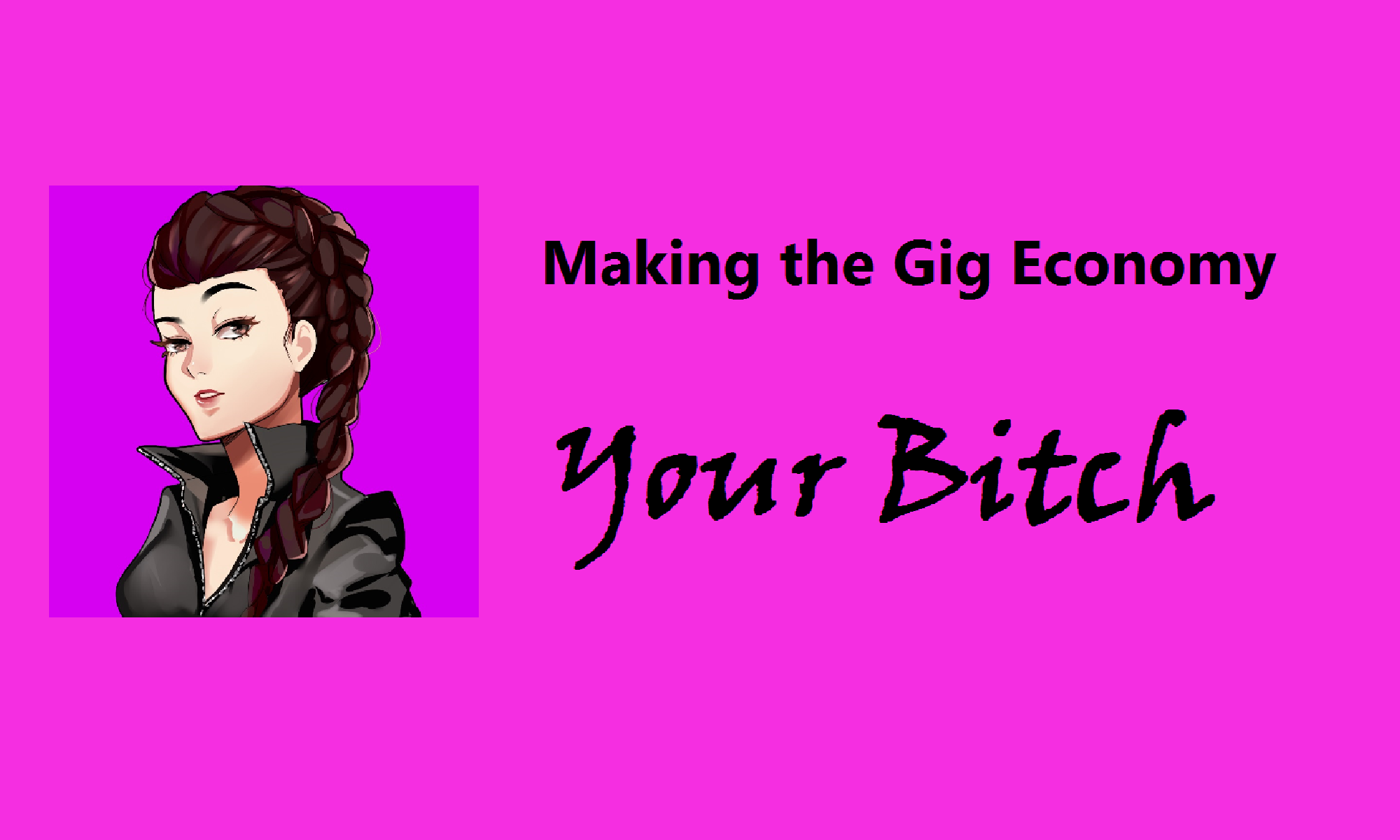Everything else I ever say to you must be understood in the context of this core idea:
There is always an exception. There is never a hard and fast rule.
Of course, there’s probably an exception.
On this site, in social media, in a book I haven’t written yet, when I run into you in line for the bar at a blogging conference, I will offer you advice about taking control of your freelancing career, increasing your income, cutting your hours, and loving what you do.
Some of that advice will be based on my experience, some on interviews with other successful freelancers, some on studies and data. Some of it will be right for you. But, some of it won’t.
One of the most destructive things veterans in virtually every field do to newcomers and those hoping to enter a field is to lay down the law, as if what worked for them is the only way.
Here are a few examples I’ve heard in the writing arena:
- You can’t write a novel without an outline (Stephen King does)
- Never talk about your story before you’ve written it down (Jacquelyn Mitchard does)
- You must be disciplined and write every day, not just when you’re inspired (Susan Sontag didn’t)
I’m not suggesting that there’s no value in that type of advice. Many writers get lost when they write stream of consciousness. Many writers (myself included) only get one perfect telling, and find their story weakened if they’ve expressed it out loud in advance of the writing. And, it’s generally much harder to make a living by doing something–anything–only when you’re inspired.
But Stephen King has written more than 50 novels and sold more than 350,000,000 books by following his characters around to see what they do. And, Jacquelyn Mitchard wrote the very first Oprah’s Book Club novel by talking through plot points with friends–a technique she has employed in writing several additional best selling novels.
It’s up to you to find the balance. Disregarding the advice of veterans in your field out of hand is arrogant and counterproductive. They know things you don’t, simply by virtue of experience. But, they don’t know YOU. One of the reasons freelancers freelance is that they rarely fit the mold. You won’t likely achieve success by trying to fit yourself into one now–especially not someone else’s.
Your most important task as you build and fine tune your freelancing career is to find what works for you.

